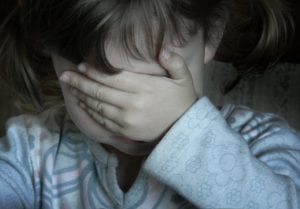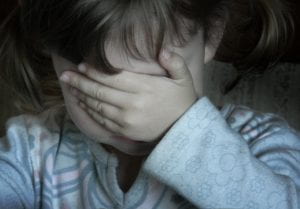 Put away the silverware. Fold the towels. Feed the dog. Bring in the mail.
Put away the silverware. Fold the towels. Feed the dog. Bring in the mail.
There is a myriad of ways in which kids – starting as early as age 2 – can help out around the house. While some of this “helping” isn’t actually that helpful, there is strong evidence that you should require your kids to do chores anyway. [Read more…]
 You’ve probably been out in public and heard a parent shouting, swearing, or calling a child names. Or maybe you’ve found yourself in the position of losing your temper with your own children.
You’ve probably been out in public and heard a parent shouting, swearing, or calling a child names. Or maybe you’ve found yourself in the position of losing your temper with your own children.

 The American Academy of Pediatricians is recommending a new approach to childhood obesity that addresses the condition as a complex disease and recommends intense behavioral treatment.
The American Academy of Pediatricians is recommending a new approach to childhood obesity that addresses the condition as a complex disease and recommends intense behavioral treatment. “Can you please put your dishes in the sink?”
“Can you please put your dishes in the sink?”
 Child abuse remains a serious problem: Nearly 700,000 children are abused in the U.S annually. No one needs an academic study to understand that abuse and neglect take a terrible toll on young people, their families, and society. We now have clear evidence that child abuse has long-term effects on its victims’ mental and physical health throughout their lives.
Child abuse remains a serious problem: Nearly 700,000 children are abused in the U.S annually. No one needs an academic study to understand that abuse and neglect take a terrible toll on young people, their families, and society. We now have clear evidence that child abuse has long-term effects on its victims’ mental and physical health throughout their lives.  It’s
It’s  More than 90 percent of teenagers in the U.S. have a smartphone. Access to this type of technology and social networking changes the playing field for young people who are simultaneously developing a sense of identity and new social relationships.
More than 90 percent of teenagers in the U.S. have a smartphone. Access to this type of technology and social networking changes the playing field for young people who are simultaneously developing a sense of identity and new social relationships.  Opioid use has
Opioid use has

